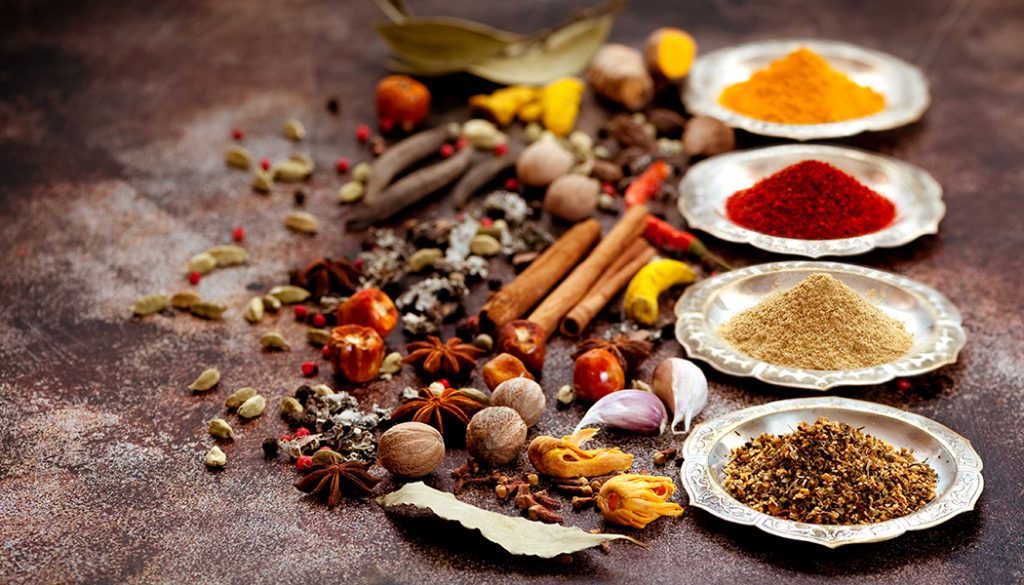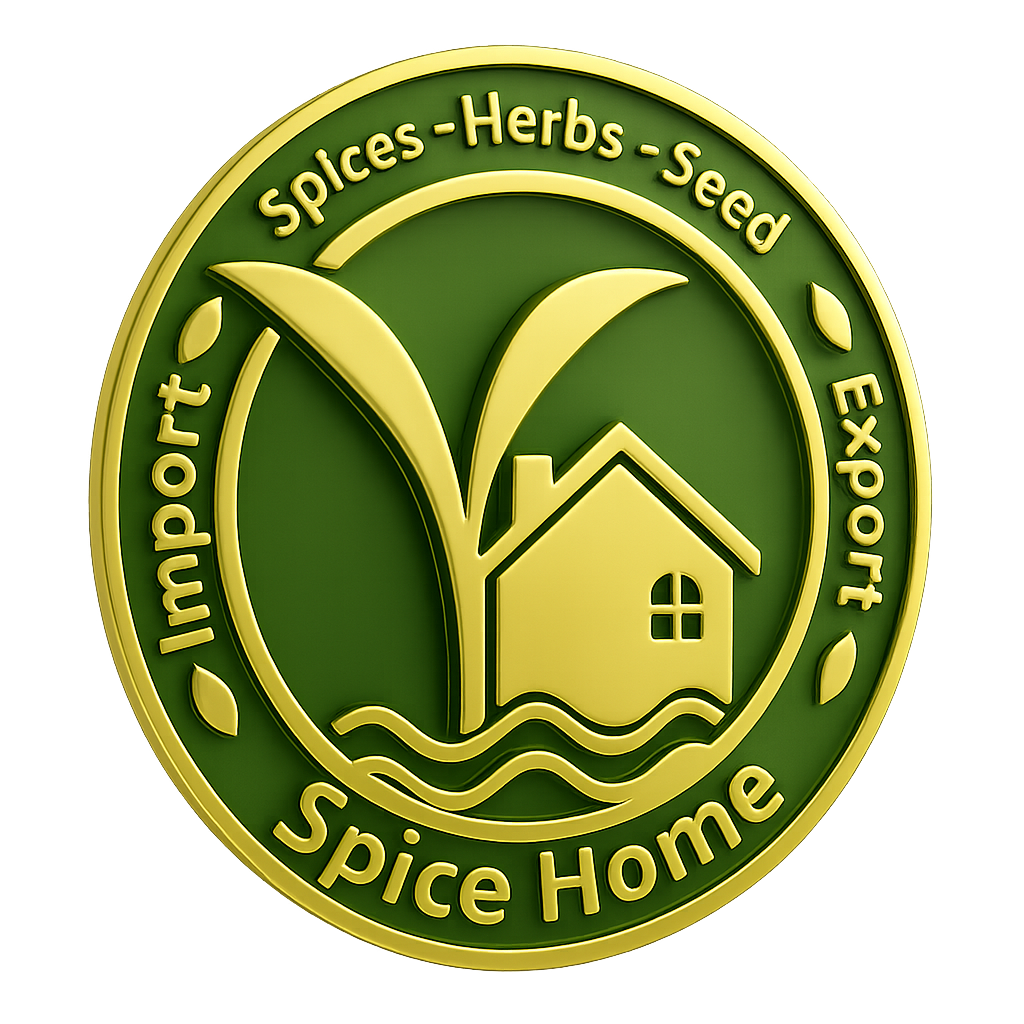A Journey Through Time with Herbs and Spices:
Since the dawn of history, herbs and spices have played a significant role in human life. They were not just delicious flavors added to food, but also medicines to cure diseases, essential materials in religious rituals, and rich cultural symbols.
A Journey Through Civilizations:

Travel with us through time and discover how herbs and spices were used in different civilizations:
In Ancient Egyptian Civilization:
The ancient Egyptians used herbs and spices in medicine and religious rituals. They believed that some herbs like mint and saffron had magical properties.
In Ancient Greek Civilization:
The ancient Greeks used herbs and spices in medicine and cooking. They believed that some herbs like thyme and basil had strong medicinal properties.
In Ancient Roman Civilization:
The ancient Romans used herbs and spices in medicine, cooking, and perfumes. They believed that some herbs like rosemary and chamomile had calming properties.

In Arab Civilization:
Herbs and spices played a significant role in Arab civilization. Arabs were known for trading herbs and spices and using them in medicine and cooking. They believed that some herbs like turmeric and ginger had strong health benefits.
Impact on Cultures:
The journey of herbs and spices did not stop at the medical aspect only, but extended to influence different cultures:
In Religion:
Herbs and spices were used in many religious rituals. For example, ancient civilizations used incense in their religious rituals.
In Art:
Herbs and spices appeared in many works of art such as paintings and sculptures.
In Literature: Herbs and spices were mentioned in many literary works such as poetry and novels.

Conclusion:
Herbs and spices still play an important role in our daily lives. They are used in medicine, cooking, and perfumes, and they form a part of our culture and history.


